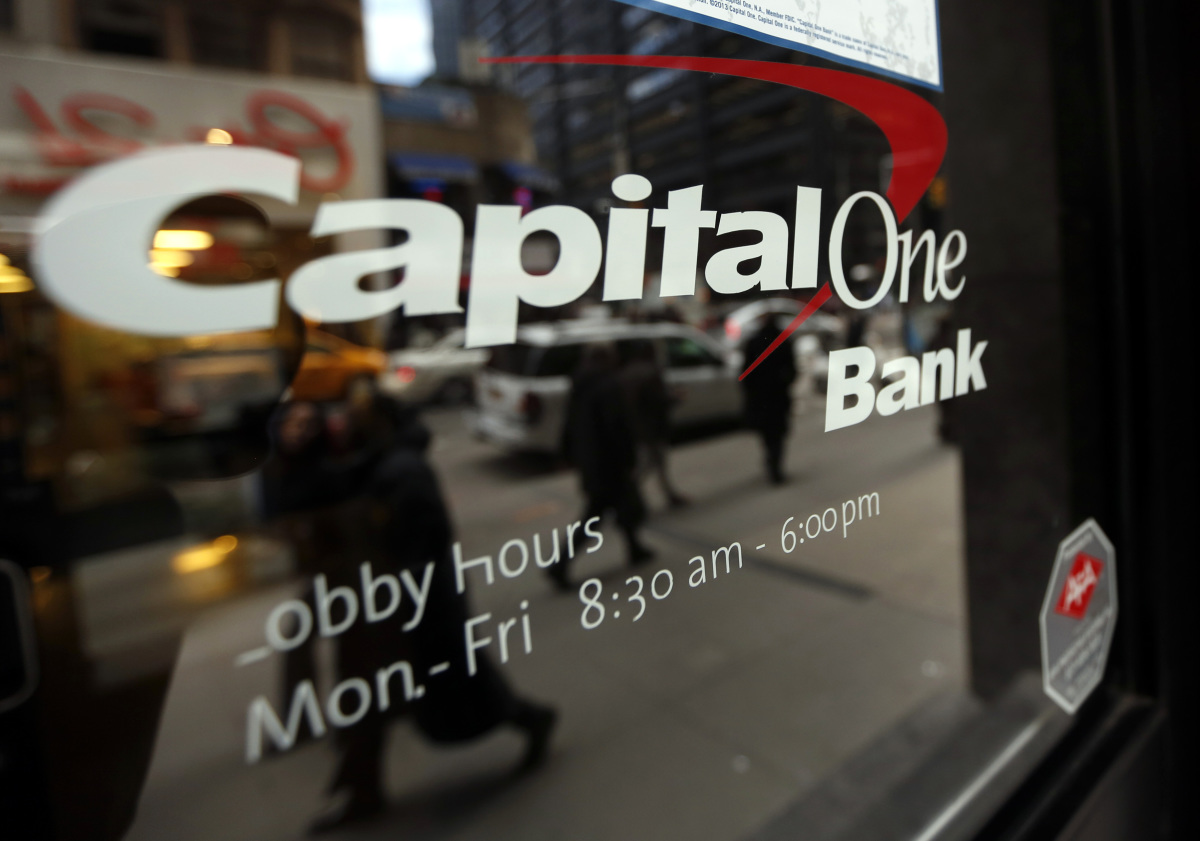Reuters
KEY POINTS
- The credit ratings of seven of the top 20 U.S. banks are getting downgraded, placed under review or receiving a negative outlook
- Moody’s is forecasting a U.S. recession in 2024
- Federal Reserve policy was partially blamed for a worsening outlook in the banking sector
Moody’s Investor Service Inc. is putting the U.S. banking system on notice.
In a Monday note, provided to International Business Times by Moody’s Corp. (NYSE: MCO), the risk assessment firm downgraded the credit ratings of the following banking companies:
Additionally, it placed the following companies “under review:”
Moody’s assigned a negative outlook to the following companies:
According to financial data released by the Federal Reserve in March, seven of the 20 largest U.S. commercial banks — ranked in terms of total consolidated assets — were included on the list either receiving a downgrade, being placed under review or receiving a negative outlook.
Collectively, U.S. Bank, Truist, PNC, Capital One, BNY Mellon, State Street and Fifth Third hold more than $3 trillion in assets, according to Fed figures.
The market reaction was swift after news of the downgrade circulated on Monday evening. All of the downgraded banks saw their stock prices drop sharply from Monday’s closing bell price.
As of 3:30 p.m. ET Wednesday, none of the shares had returned to their Monday price. The same was true for all of the banks placed under review and those that received a negative outlook.
Representatives of U.S. Bank, Truist, PNC, Capital One, NY Mellon, State Street and Fifth Third did not immediately respond to a request for comment from IBT.
In the note, Jill Cetina, associate managing director at Moody’s Investor Service, and Ana Arsov, managing director for financial institutions at Moody’s Investors Service, said its rating actions on the banks mentioned in the note were influenced by lower deposits, higher interest rates and a reduced ability to generate internal capital.
“This comes as a mild US recession is on the horizon for early 2024 and asset quality looks set to decline from solid but unsustainable levels, with particular risks in some banks’ commercial real estate portfolios,” the Cetina and Arsov said in the note.
The Moody’s note also said a proposed increase in regulatory capital requirements for banks holding assets greater than $100 billion could potentially “strain some banks’ profitability.”
“Further, regulatory tailoring that sets lower capital and liquidity requirements for banks with less than $100 billion in assets is credit negative, and weaker regulations can promote excessive risk-taking at some banks,” the note said.
If a recession does come to pass, the Moody’s analysts expect “rising loan losses for U.S. banks.”
“History suggests that recessions associated with banking strains are both deeper and more protracted, and a sharper downturn is possible if bank lending standards continue to tighten,” the note said.







